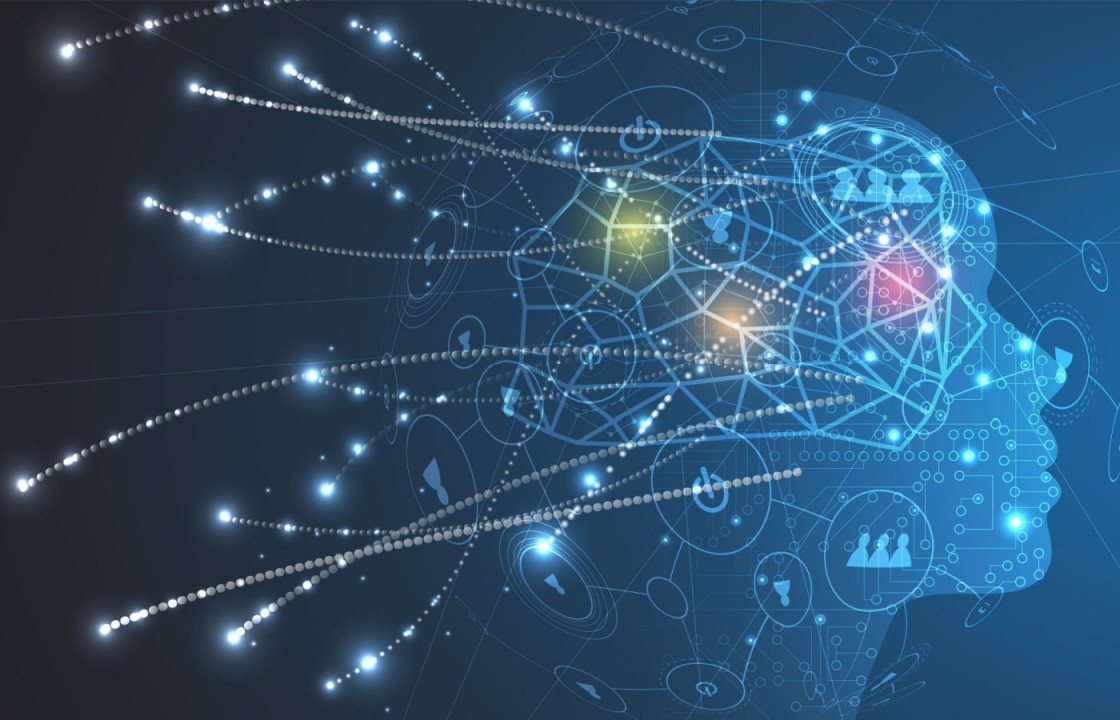The advent of Artificial Intelligence (AI) has revolutionized many industries, and the realm of image processing in AI inspection is no exception. This technological advancement is reshaping how industries approach quality control. By integrating AI with image processing, companies can enhance their inspection processes, ensuring that products meet high standards before reaching consumers.

What is Image Processing in AI?
Image processing involves using algorithms to perform operations on images, enabling the extraction of useful information. When combined with AI, it creates a powerful tool for visual inspection tasks. The process generally includes capturing images, processing them to enhance features, and then using AI to analyze these images for any defects or anomalies.
The Role of AI in Inspection
In industries where precision and quality are paramount, AI-driven inspection systems provide a competitive edge. AI can process and analyze vast amounts of data at a speed unattainable by human inspectors. For instance, in manufacturing, AI can swiftly identify defects such as cracks, misalignments, or incorrect assembly, ensuring only top-quality products reach the market.
The Benefits of Using AI in Image Processing
Integrating AI into image processing provides numerous benefits. It significantly increases the speed and accuracy of inspections, reduces human error, and ultimately leads to cost savings. Furthermore, AI systems can operate continuously without fatigue, ensuring consistent quality monitoring.
Applications in Various Industries
The applications of image processing in AI inspection span multiple industries. In the automotive sector, AI inspections ensure components are assembled correctly. In electronics, it checks for soldering defects. The food industry uses AI image processing to ensure packaging is sealed properly and that products are free from contaminants.
How AI Enhances Image Processing Techniques
Traditional image processing techniques have been around for decades, but AI enhances these methods by adding layers of intelligence. For example, machine learning algorithms can learn from previous inspections, improving their accuracy over time. Deep learning models can recognize complex patterns, making them more effective at detecting subtle defects.
The Future of AI in Inspection
The future of AI in inspection is promising. As AI technology continues to evolve, so will its capabilities in quality control. We can expect even more precise and efficient inspection systems, capable of handling increasingly complex tasks.
Challenges in Implementing AI Inspection Systems
Despite the benefits, there are challenges in implementing AI inspection systems. These include the initial cost of setup, the need for large datasets to train AI models, and the requirement for continuous updates as technology advances. However, the long-term benefits often outweigh these initial hurdles.
Real-World Examples of AI Inspection
Many companies are already reaping the benefits of AI inspection. For instance, in the textile industry, AI systems inspect fabric for defects, ensuring only the finest cloth is used. In the pharmaceutical industry, AI inspects medication packaging to prevent errors in labeling or content.

Conclusion
In conclusion, image processing in AI inspection is transforming how industries approach quality control. By harnessing the power of AI, companies can ensure that their products meet the highest standards, benefiting both the industry and consumers. As technology continues to advance, we can only anticipate further enhancements in this field.
FAQs
Q1: How does AI improve inspection accuracy?
A: AI improves inspection accuracy by rapidly analyzing images and identifying defects that may be missed by human inspectors.
Q2: Is AI inspection cost-effective?
A: Yes, while the initial investment may be high, AI inspection systems reduce labor costs and increase efficiency, making them cost-effective in the long run.
Q3: What industries benefit the most from AI inspection?
A: Industries such as automotive, electronics, food, and pharmaceuticals significantly benefit from AI inspection due to their stringent quality requirements.
For those interested in exploring more about AI in manufacturing, check out this article for a deeper understanding.
Additionally, learn how AI is making strides in quality control and reducing rework in various industries.
This article contains affiliate links. We may earn a commission at no extra cost to you.

